The Computation-based Science and Technology Research Center (CaSToRC) of The Cyprus Institute (CyI) pioneers the development and employment of computational and large-scale data methodologies to advance scientific and technological disciplines. In parallel, it supports user communities in academia, industry and government in Cyprus to use High-Performance Computing (HPC), advanced mathematical modelling, simulation, data science and Artificial intelligence (AI) for computational research and innovation.
As of 2021, CaSToRC is designated the National Competence Centre (NCC) in High-Performance Computing (HPC) of Cyprus as part of the EuroHPC action, a major EU initiative to promote exascale computing on a pan-European level, driving scientific discovery and innovation in Europe. This is achieved by forming a High-Level Support Team, a team of senior researchers at CaSToRC that combine research, user support, and co-development projects with industry and government at the interface between academia and industry. The primary goals of CaSToRC are to:
- Pursue research of international calibre in computational sciences and engineering, simulation and large-scale data methodologies, AI and novel computer architectures.
- Deliver graduate programmes in Computational Sciences and be a catalyst for the development of education in computation-based science and technology in Cyprus and the Eastern Mediterranean (EM) region.
- Support the research mission of other CyI research centres, including currently established research centres and future ones.
- Facilitate the use and uptake of HPC for compute- and data-intensive applications for academia, government and industry in Cyprus, enabling scientific excellence, innovation, improvement in government efficiency, and raising awareness in society.
Research activities: CaSToRC is a culmination of talented and devoted scientists who pursue research in computational Physics and Engineering, mathematical modelling climate modelling, data science and machine learning, scientific computing, and novel computer architectures, including quantum computing. Applications include, among others, the study and design of complex materials, climate modelling, fundamental physics, and medical imaging.

